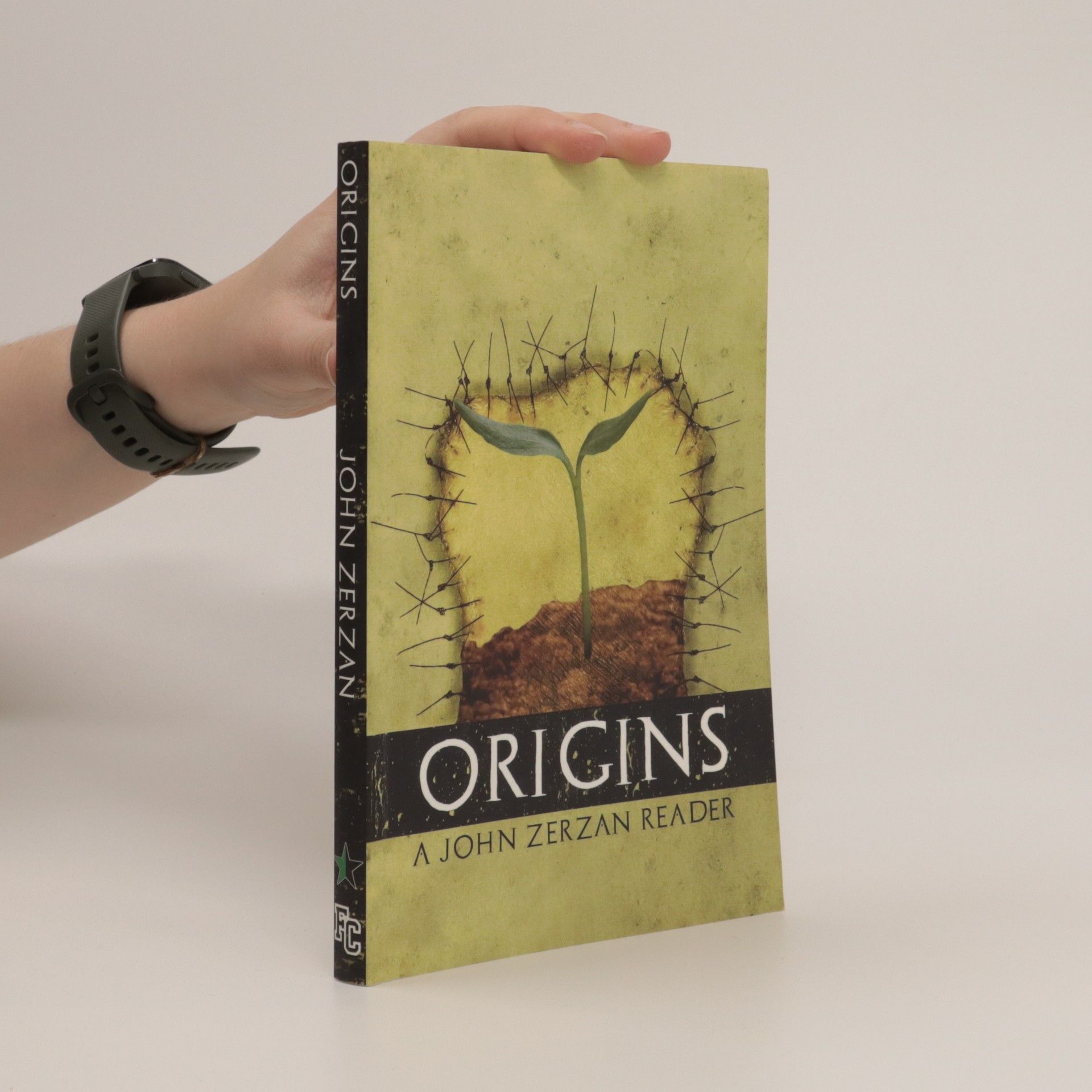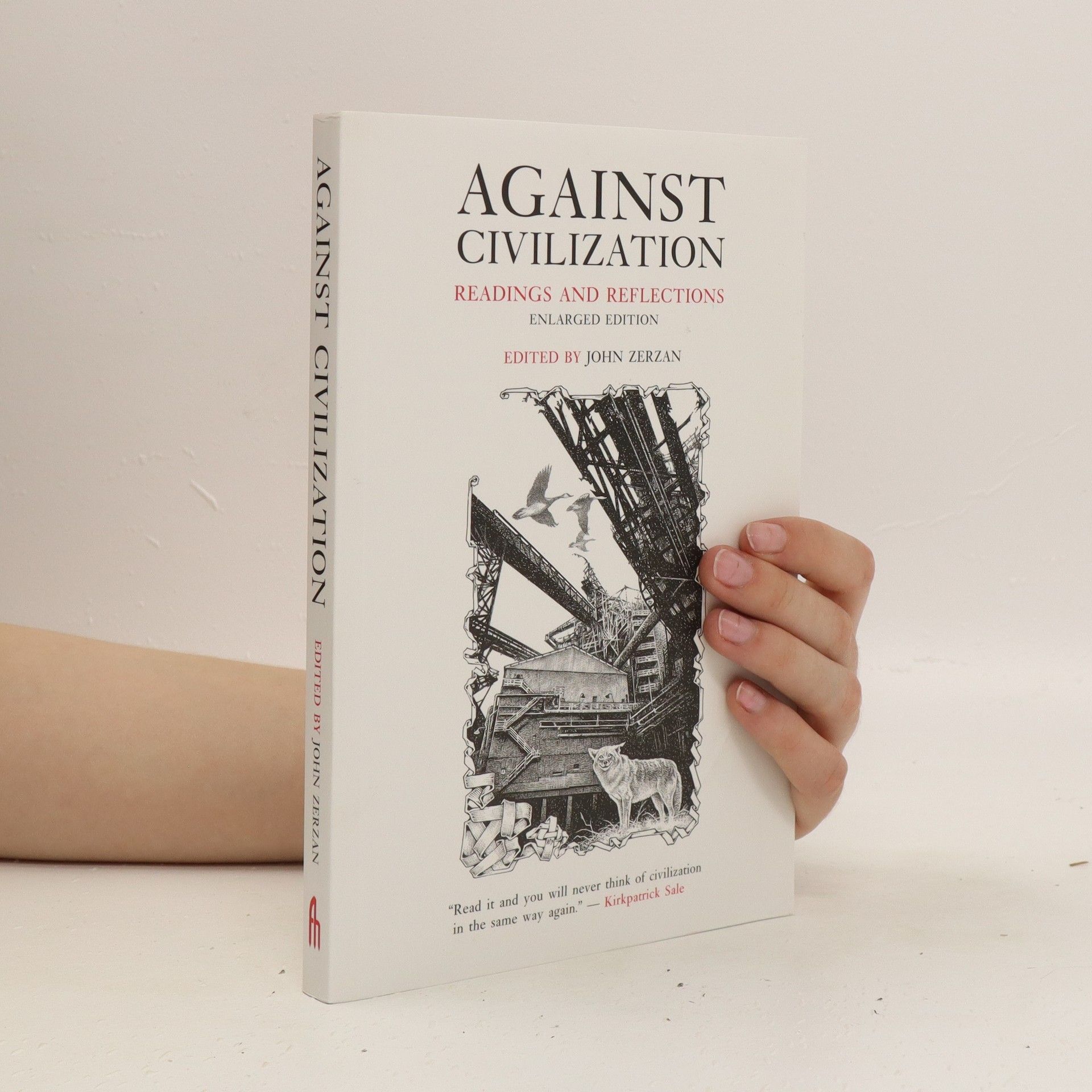A People's History Of Civilization
- 311pages
- 11 heures de lecture
Has civilization been a good idea? Zerzan doesn't think so. We may need this critical perspective, as the nature of civilization becomes clearer--and more frightening!
Cet auteur américain est un anarchiste, primitiviste, philosophe et écrivain dont l'œuvre critique la civilisation agricole comme intrinsèquement oppressive. Il préconise de s'inspirer des modes de vie des chasseurs-cueilleurs pour imaginer à quoi pourrait ressembler une société libre. Ses critiques portent sur des sujets tels que la domestication, le langage, la pensée symbolique (y compris les mathématiques et l'art) et le concept de temps.




Has civilization been a good idea? Zerzan doesn't think so. We may need this critical perspective, as the nature of civilization becomes clearer--and more frightening!
These are dark and darkening times, challenging us to look deeper to grasp the roots and dynamics of the looming civilizational crisis. Chronic illness of the planet calls for radically new thinking if there is to be any hope of renewal. When We Are Human offers thought at a necessary and primal level.All previous civilizations have failed, and now there's just one global civilization, which is starkly, grandly failing. To deny or avoid this fact is to remain in the sphere of the superficial, the irrelevant. The physical environment is reaching the catastrophe stage as the seas warm, rise, acidify, and fill with plastics. Icebergs ahead and floating past beachgoers idly watching the planet die.So much is failing, so much is interrelated in the technosphere of ever-greater dependence and estrangement. Social existence, now strangely isolated, is beset by mass shootings, rising suicide rates, slipping longevity, loneliness, anxiety, and the maddening stream of lies and concocted politics.Zerzan trains his passionate focus on several fields of discourse: anthropology, history, philosophy, technology, psychology, and the spiritual. Points of light that become a kaleidoscope refracting new insights and contributing an overall picture of late civilization.
“Read it and you will never think of civilization in the same way again.”—Kirkpatrick SaleThis anthology about "the pathology of civilization" offers insight into how progress and technology have led to emptiness and alienation.